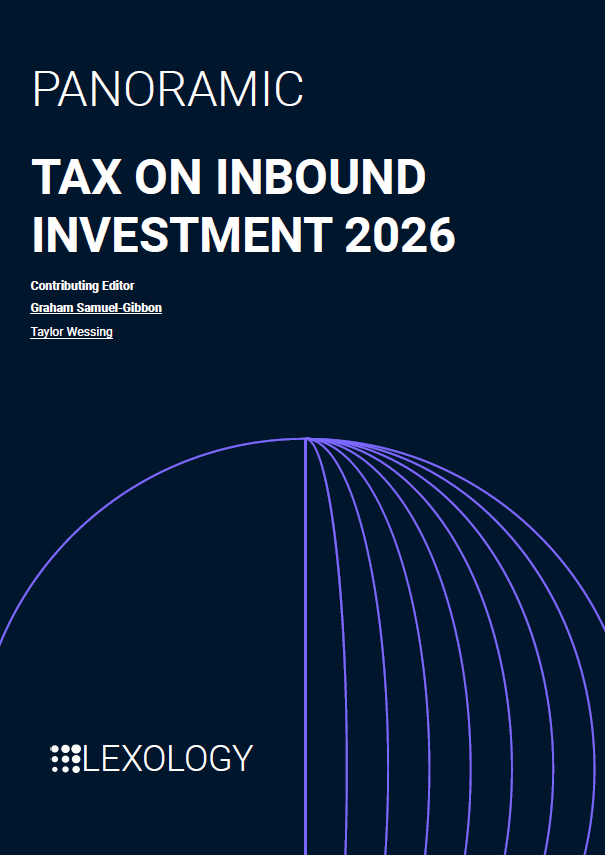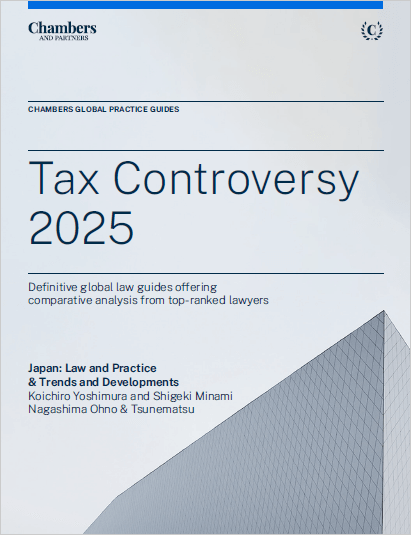
NO&T Asia Legal Review
On 26 March 2021, the second package of the Philippine government’s comprehensive tax reform program was signed into law as Republic Act No. 11534 or the Corporate Recovery and Tax Incentives for Enterprises Act (the “CREATE Law”). The CREATE Law follows through and complements the initial reforms introduced back in 2018 by Republic Act No. 10963 or the Tax Reform for Acceleration and Inclusion Act (“TRAIN Law”).
Background
While the TRAIN Law notably established changes to the schedule and/or rates of personal income tax, estate tax, donor’s tax, value added tax (“VAT’) and documentary stamp tax, among others, the CREATE Law focuses on corporate tax reforms, including the reduction of the regular corporate income tax.
Up until the enactment of the CREATE Law, the Philippines has actually been imposing the highest regular corporate income tax rate in the ASEAN region at 30%, as compared to other member states, which only imposed regular corporate tax rates within the range of 17% (Singapore) to 25% (Myanmar).
The timely approval of the CREATE Law provides much needed fiscal reliefs to businesses that are still reeling from the effects of the COVID-19 pandemic. However, it should be noted that some amendments by the CREATE Law increase certain tax rates imposable on transactions entered into by corporations, and gradually eases out preferential tax rates enjoyed by certain entities in an effort to rationalize tax rates and incentives.


(September 2025)
Kenji Horiuchi, Kaito Mori (Co-author)


(May 2025)
Takashi Saida


(May 2025)
Koichiro Yoshimura


(May 2025)
Shigeki Minami


(September 2025)
Kenji Horiuchi, Kaito Mori (Co-author)


(May 2025)
Takashi Saida


(May 2025)
Koichiro Yoshimura


(May 2025)
Shigeki Minami


Supasit Boonsanong, Thananya Pholchaniko, Phareeya Yongpanich (Co-author)


Patricia O. Ko


Claire Chong, Nozomi Kato (Co-author)


Yuan Yao Lee


Supasit Boonsanong, Thananya Pholchaniko, Phareeya Yongpanich (Co-author)


Patricia O. Ko


Claire Chong, Nozomi Kato (Co-author)


Yuan Yao Lee


Patricia O. Ko


Patricia O. Ko


Patricia O. Ko


Patricia O. Ko